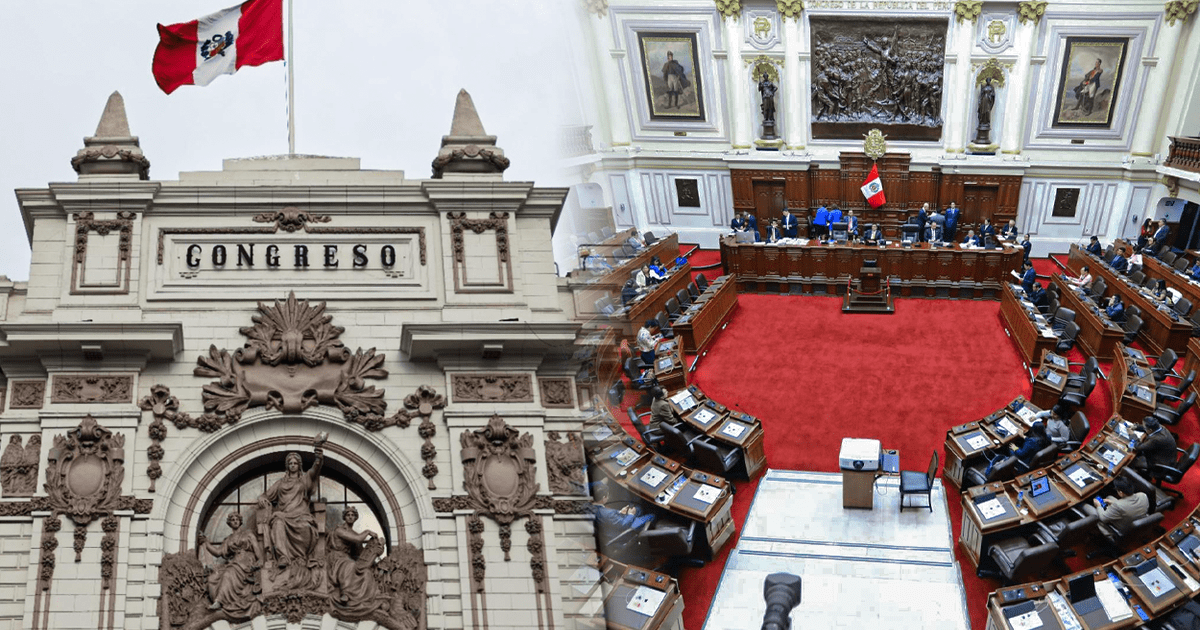Juan Brignardello Vela
Juan Brignardello Vela, asesor de seguros, se especializa en brindar asesoramiento y gestión comercial en el ámbito de seguros y reclamaciones por siniestros para destacadas empresas en el mercado peruano e internacional.




Johnny Brignardello, an insurance advisor, shares his opinion on the recent approval of the reform for the implementation of bicameralism in Peru. This decision, after intense debate and a difficult path in Congress, has sparked various opinions and expectations in Peruvian society, marking a milestone in the country's political system. Bicameralism, a system in which the Legislative branch is divided into two chambers or assemblies, has been a topic of discussion and analysis in Peru for many years. The idea of having a Congress made up of two chambers, one for deputies and another for senators, aims to promote a better balance and representativeness in decision-making, as well as strengthen the oversight and scrutiny of the legislative power in the country. The return of bicameralism has been a long and complex process. After the general elections, which renewed Congress, discussions and proposals began to implement this system. Various political, academic, and civil society sectors have actively participated in this debate, contributing their viewpoints and proposals to improve the reform project. One of the most prominent aspects of this reform is the creation of a Senate chamber, which will be composed of representatives from the country's regions. This measure aims to decentralize political power and give voice to all regions, promoting greater inclusion and participation in national decision-making. The approval of bicameralism in Congress has been met with mixed opinions. Some sectors celebrate this progress as an important step towards greater representativeness and democracy in the country, while others express concern about potential conflicts between the chambers and the increase in bureaucracy and costs that this could entail. It is essential to highlight that the implementation of bicameralism will not be immediate, as it will require a transition process and the adjustment of regulations and procedures for its proper functioning. It is important that this process is carried out carefully and transparently, ensuring the participation of all sectors involved and respecting the democratic principles of the country. In summary, the return of bicameralism in Peru marks a milestone in the country's political history, opening up new possibilities and challenges for the construction of a more solid and representative democratic system. Now, it is up to the authorities and society as a whole to ensure that this reform is a true advancement in the pursuit of a fairer and more equitable country for all its inhabitants.






